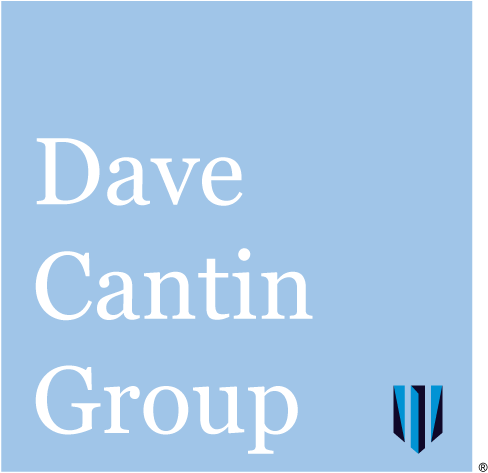In the latest episode of Inside M&A, DCG President Brian Gordon joins Jim Fitzpatrick of CBT News to interview Andrew Gier, Research Analyst at Capstone. The discussion focuses on evolving U.S. trade policy, tariff threats, and their impact on automotive retail.
Tariffs, Deadlines, and Disruption
With a critical July 9 deadline approaching, the U.S. is pushing for tariff reciprocity in global trade talks. A temporary 10% tariff is in place, but without finalized deals, rates could rise sharply. The automotive industry—heavily dependent on foreign parts—is especially vulnerable.
Section 232 and Auto Industry Prioritization
Gier explains how the administration invoked Section 232, typically reserved for national security, to justify tariffs on auto imports. This signals the industry’s elevated role in U.S. trade policy. As Gier notes, “Autos are one of those rare industries that actually get a little bit of priority.”
Fragile Talks, High Stakes
Trade negotiations are under intense pressure, with a small U.S. Trade Representative staff coordinating with over 150 countries. U.S.-EU talks remain fragile. Delays or failed agreements could trigger sharp tariff hikes, affecting costs across the supply chain.
What Dealers Need to Know
Higher tariffs could raise vehicle and parts costs, disrupt supply chains, and squeeze margins. Dealers and suppliers should prepare for uncertainty as trade decisions unfold.
Watch the full Inside M&A episode on CBT News here.




